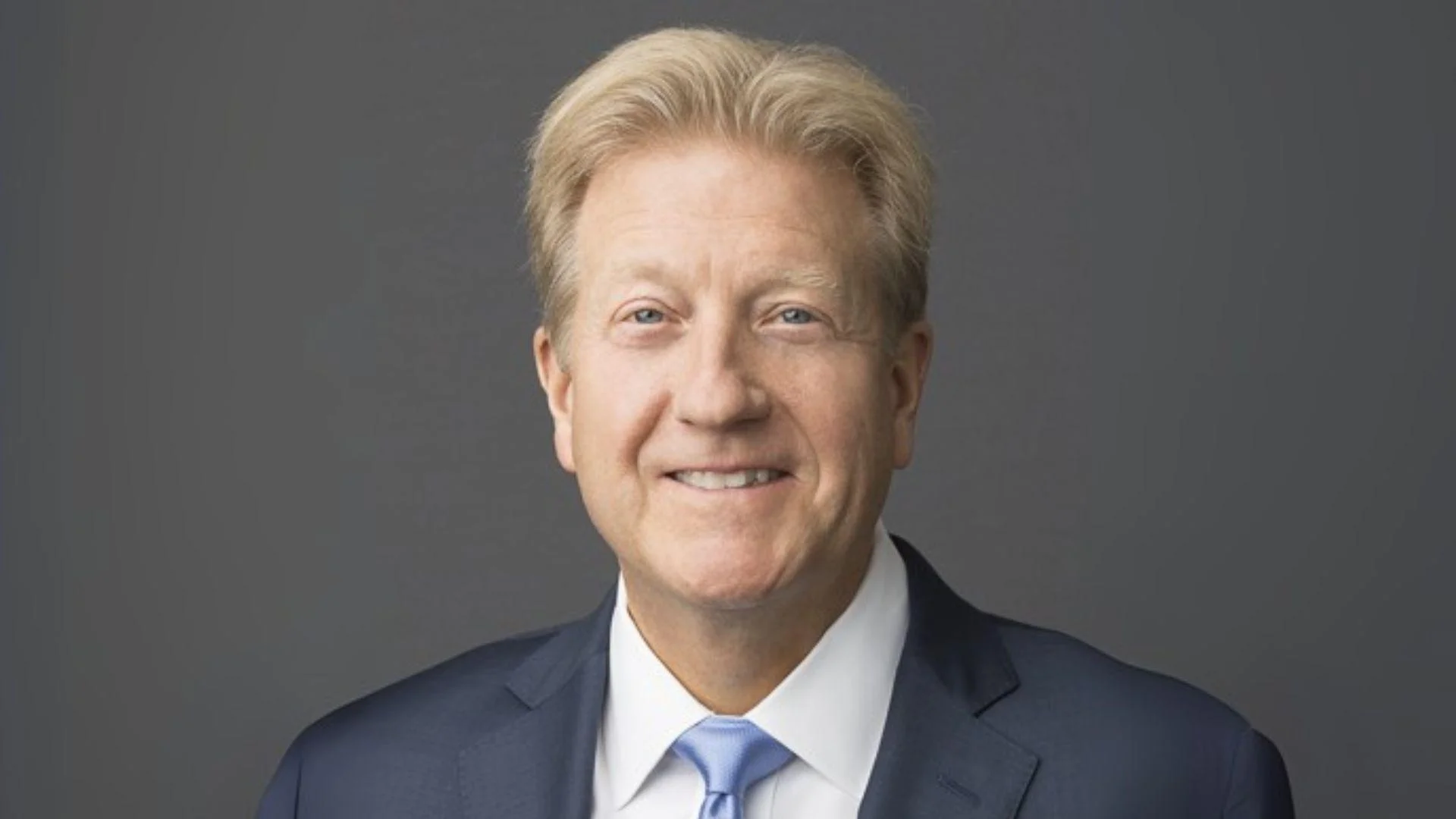Stephen R. Patton, former Corporation Counsel for the City of Chicago | Kirkland & Ellis LLP
Stephen R. Patton, former Corporation Counsel for the City of Chicago | Kirkland & Ellis LLP
The City of Chicago has engaged the services of Goldman & Grant, a law firm based in Chicago, to collect unpaid water bills, property damage claims, and other municipal debts. This arrangement is detailed in a 2013 engagement letter obtained through a public records request.
Goldman & Grant specializes in creditor rights, municipal collections, and commercial litigation. The firm is recognized for handling consumer and municipal debt cases within Illinois and operates from downtown Chicago.
According to the 2013 retention letter, Goldman & Grant is authorized to collect various debts owed to the City of Chicago. The firm's compensation is structured on a contingency-fee basis: 25% for water debt collections, 30% for property damage claims, and 22% for other recoveries. Payments are contingent upon successful collections and are subject to specific exclusions.
A white paper published in 2025 by the Washington Legal Foundation raises questions about the legality of municipalities hiring private attorneys as public prosecutors. Doug Peterson, the paper's author and former Nebraska Attorney General, argues that such practices might infringe on state sovereignty. He calls for states to clarify whether cities can independently pursue public-impact lawsuits.
The agreement with Goldman & Grant mandates compliance with all relevant federal, state, and local laws, including adherence to Payment Card Industry (PCI) Data Security Standards. The firm must submit an annual certificate of PCI compliance to the city and provide monthly written updates on their debt collection efforts.
All proceeds collected by Goldman & Grant are required to be either remitted daily to the City or deposited into a trust account with weekly transfers. Each remittance must include adequate documentation for proper crediting of the debt. The firm has the authority to initiate collection actions and enforce judgments without prior approval from the city.





 Alerts Sign-up
Alerts Sign-up